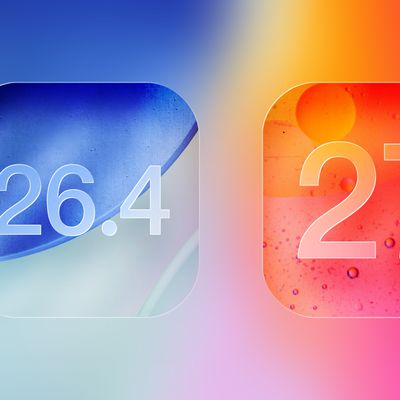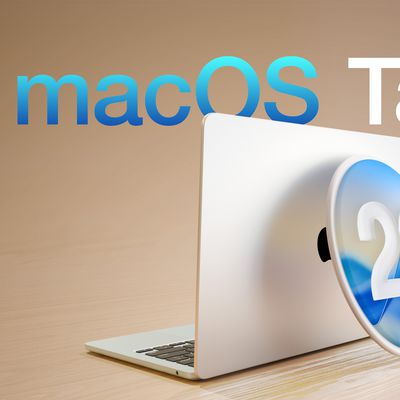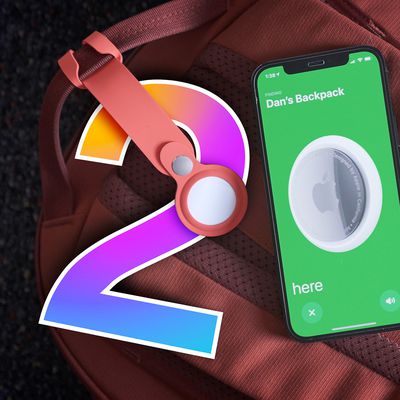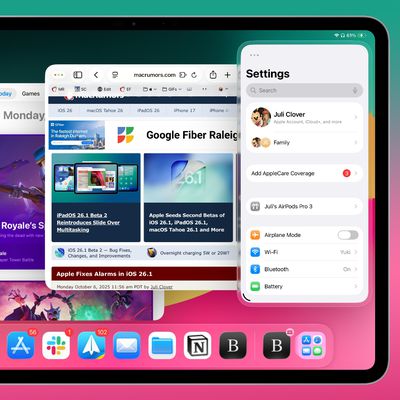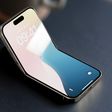Apple's iOS ecosystem is on course to generate over $1 trillion in revenues for the company by the middle of this year, according to Asymco analyst Horace Dediu.
Dediu's prediction is based on several factors, starting with an expectation that Apple will have sold at least 1.2 billion iPhones in its first 10 years, earning it the rank of "most successful product of all time" and laying the foundations for the company's iPad, Apple TV, iPod touch, and Apple Watch categories.
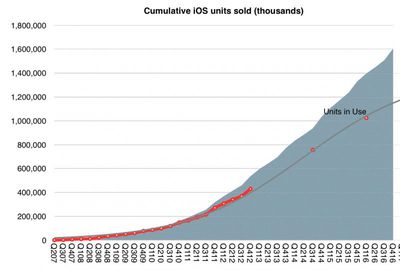
In its first 10 years, the iPhone will have sold at least 1.2 billion units, making it the most successful product of all time. The iPhone also enabled the iOS empire which includes the iPod touch, the iPad, the Apple Watch and Apple TV whose combined total unit sales will reach 1.75 billion units over 10 years. This total is likely to top 2 billion units by the end of 2018.
Dediu claims revenue from iOS device sales will total about $980 billion by the middle of this year, and adds to that estimate more than $100 billon in revenues from supporting services (including app content sales), putting the ecosystem's total worth above the $1 trillion mark.
The analyst notes this excludes payouts to iOS app developers of around $60 billion, with the rate of payments now reaching $20 billion per year. Those numbers would appear to tally with comments made by Apple CEO Tim Cook last August that the company has paid out more than $50 billion to developers over the lifetime of the App Store, which first launched for the iPhone in 2008.
Dediu points to the locked-in nature of Apple's ecosystem ensuring the iPhone's resilience and longevity, despite strong competition from so-called "iPhone killers" that come and go, while its robust feature set and attached services continue to earn it the market reputation as the premium smartphone to beat.
In addition, the analyst claims that Android users are now more likely to switch to iOS rather than the other way around – a trend supported by previous reports from both market analysts and Apple, including, notably, comments made in the company's Q4 2016 earnings call.
Dediu ends by predicting not another "Big Bang" for the iPhone, but a "process of continual improvement" as the smartphone enters its second decade. Indeed, the analyst expresses more excitement for its network of "ancilliary smart accessories" like the Apple Watch, the AirPods, Apple Pencil, and other possible new wearables that point toward a future where the iPhone is a hub to a mesh of personal devices. "The seamless integration of such devices is what has always set Apple apart," Dediu concludes.


